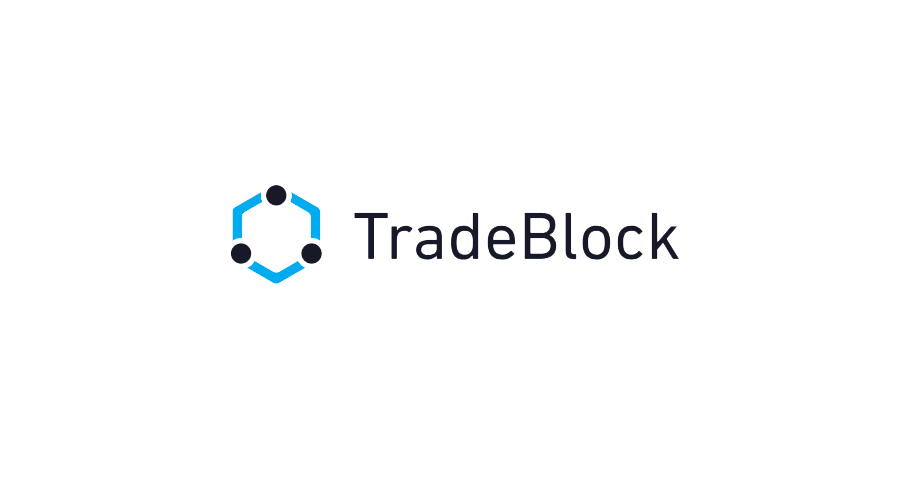TradeBlock, a provider of enterprise-grade tools for blockchain assets, today announced new updates to its cryptocurrency indices, adding and dropping certain constitutions. Starting next Saturday, April 20th, 2019 (4:00pm EST) and ending on Sunday, April 21st, 2019 (4:00pm EST), TradeBlock will update constituents for the ECX (ETC/USD), ETX (ETH/USD), XLMX (XLM/USD), and XRX (XRP/USD) indices as part of a scheduled quarterly review.
TradeBlock offers 10 indices which serve as real-time, replicable USD-equivalent spot rates for different digital currencies. TradeBlock’s indices are designed to enhance price discovery by providing reference rates for underlying digital currencies. In the section below, you can see the upcoming changes to the previously mentioned indices:
Changes to the ECX Index composition
The ECX Index will delist the following constituents and currency pairs:
- Bittrex: ETC/XBT
The ECX Index will add the following constituents and currency pairs:
- Bittrex: ETC/USD
Changes to the ETX Index composition
The ETX Index will delist the following constituents and currency pairs:
- Poloniex: ETH/XBT
- Bittrex: ETH/XBT
The ETX Index will add the following constituents and currency pairs:
- itBit: ETH/USD
Changes to the XLMX Index composition
The XLMX Index will delist the following constituents and currency pairs:
- Kraken: XLM/XBT
The XLMX Index will add the following constituents and currency pairs:
- Coinbase: XLM/USD
Changes to the XRX Index composition
The XRX Index will not delist any constituents or currency pairs, but rather add the following constituent and currency pair:
- Coinbase: XRP/USD
The above changes are part of TradeBlock’s quarterly indices update, whereby revisions, if necessary, are made according to the firm’s Index methodology. This update offers transparency in the ongoing commitment to maintain TradeBlock Indices as industry benchmarks that accurately characterize the digital currency landscape. Quarterly updates are designed to sharpen TradeBlock’s indices, which are made to adjust for anomalistic exchange conditions and provide reliable reference rates.
